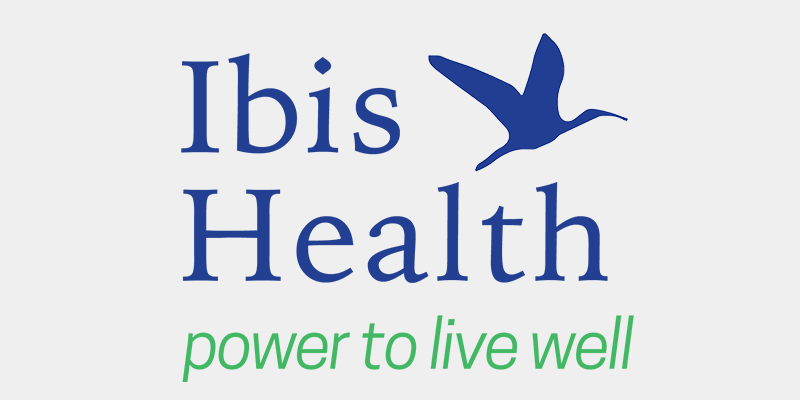New Data Showing Reductions In Hospitalizations & ER Visits
Nearly 18 months into its partnership with Wellpoint (formerly known as UniCare) — and more than halfway through the enrollment period of a clinical trial study that seeks to prove its benefits — new data suggest Ibis Health is making significant headway in keeping program members out of the hospital and healthier at home.
“We continue to see high engagement rates among Wellpoint beneficiaries that suggest that yes, this is working and yes, this program is of interest to the Wellpoint population,” said Brenton Stoddart, director of Ibis Programs for Senscio Systems. “We continue to be grateful for Wellpoint’s efforts to advance health equity in the form of better access to care, and this preliminary data demonstrates that Ibis Health is keeping people out of the hospital, helping them to feel healthier at home and lower health care costs in the process.”
Wellpoint and Mass Retirees member Stu Skerker joined Ibis Health more than a year ago. As a retired systems analyst, the 68-yearold Attleboro resident sees value in tracking his vitals to help stay on top of several chronic conditions, including asthma and a history of stomach issues. Each day, he tracks his blood pressure, weight, pulse and medications through the Ibis Platform, which allows him to see trends over time and then report that data back to his primary care provider and gastroenterologist.
“It’s been helpful for my doctors, helping them to manage doses of my medications. When blood
pressure is up, we can adjust blood pressure medication. When swelling in the legs is up, things like that, we can manage Lasix,” Skerker said. “Knowing that I have to weigh myself every morning, take my blood pressure every morning and my pulse — that’s a big thing. Ibis has been a big benefit, making me pause to see what’s going on, so that I know that if there is anything weird happening, I know immediately to pick up the phone and call somebody or to send an email.” And if something does go awry, Skerker said the Ibis Health clinical care team is quick to pick up the phone and call him to see if he needs further support. “I check in with a member advocate at least once a month, and that’s very helpful,” he said. “Everybody stays on top of things. … It’s been terrific and I feel lucky about it.”
The ongoing support allows Skerker to continue engaging in the activities he enjoys, including contributing articles as a part-time police and fire beat reporter for The Sun Chronicle in Attleboro. “I think it’s a big plus for anybody to give it a try.”
While Ibis Health remains a fully covered Wellpoint benefit, the program is available to all Massachusetts retirees with Medicare Part B coverage who qualify.
The analysis of acute care utilization data shows that after joining the program, Ibis Health members experienced 10 percent fewer emergency room visits, a 30 percent fewer hospital admissions, 50 percent fewer days spent in hospitals and 55 percent fewer repeat admissions after they were discharged. Evidence also suggests that our members’ chronic conditions progressed more slowly than those who chose not to participate in the program.
To learn more about the program, log onto www.ibishealth.org/voice



